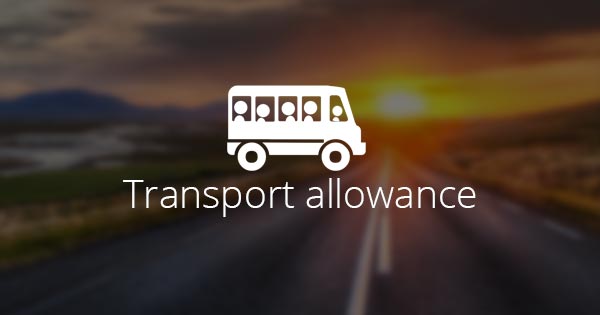Are you doing enough Tax Planning? (Series-1)
Being a Tax Consultant, I keep getting this question from relatives and friends- “How can I save my tax?” I am sure many of us face this question while deciding on our CTC with the employers. Is tax planning that simple? Well, I have made an attempt to make it simple for you, in two series.
This is the first series which mainly focuses on your salary income and major allowances. Let us get into more details as given below:

Income from salary:
This is one source of income which is entirely decided at the initial stages of our job, i.e. at the time of signing the employment contract itself. Well yes, that is your Salary, generally called as CTC. The following are the general tax planning measures that can be adopted to save taxes:
Restructure your salary by utilizing all the available allowances:
The employer generally provides specific allowances as part of the CTC, according to the level of your job profile. Before I go any further, I would also like to clarify what “allowances” are. Allowances are given as part of your CTC, which, while calculating your taxable income, are either not taxable at all or are exempt from tax upto a certain limit. However, this is only possible if you submit the supporting or bills for those to your HR. Thus, you end up paying lower taxes. It is important to note that the specific allowances and its taxability is governed by the Indian statute.
You can always restructure the CTC if you have good relations with the HR or your Boss. To restructure, it is very important that you are able to identify the beneficial allowances and accordingly capitalize those for your tax saving purposes. The most popular amongst those is discussed hereunder:

A. House Rent Allowance (“HRA”):
It is a known fact that neither all employers provide accommodation to employees nor all the employees get accommodation from their employers. It leaves no choice but to reside at a rented house, if you do not own one.
Thus, some part of your CTC is also attributed to the HRA, but not all is exempted. Only minimum of the following is exempt:
- Actual HRA
- Rent paid-10% of Basic salary
- 40%/50% of Basic salary (depending on the city of residence)
You should keep in mind that in order to take this exemption, you would need to provide all the rent receipts.
Even if you are living with your parents, this exemption can be useful with a little tax planning. You can pay regular rent to your parents and claim HRA exemption. Simultaneously, your parents will be taxed on their rental income less standard deduction of 30%. This can be really tax saving when parents are retired and their income is insignificant to attract any kind of taxes.
It is very important to tax the rental receipts in the hands of parents else it would amount to tax evasion which can be penalized.

B. Leave Travel Allowance (“LTA”): If your employer gives you LTA as part of your CTC, there is another chance to save taxes along with enjoying the trip. However, the following conditions are to be kept in mind:
- Travel is within India
- Amount of allowance do not exceed economy class ticket fare in case of air travel or AC I ticket fare in case of rail.
- Travelling distance should be the shortest route
- It is limited to two trips in a block of four calendar years
 C. Medical reimbursement: Medical expenses of yourself, spouse, children and other dependent members of family upto INR 15,000 is exempt in a financial year provided actual medical bills are provided.
C. Medical reimbursement: Medical expenses of yourself, spouse, children and other dependent members of family upto INR 15,000 is exempt in a financial year provided actual medical bills are provided.

D. Children education allowance: This is the allowance provided to an individual to meet the education expenses of children. However, this can be availed for maximum 2 children upto INR 100 per month.
 E. Transport allowance
E. Transport allowance
Transport allowance is a type of allowance which you get from your employer to compensate your travel cost from your residence to the work place. This is exempt upto INR 1600 per month. The best part is that you do not have to give any proof of travelling. It is exempt entirely upto the exemption limit.
Proper tax planning can help you to capitalize on your wealth and obviously save huge taxes. Thus, you should ensure that to get this benefit, you should give all your investment details, etc to your HR beforehand to avoid any excess tax deduction. Also, ensure that you receive your Form 16 at the end of the financial year and check it thoroughly.



